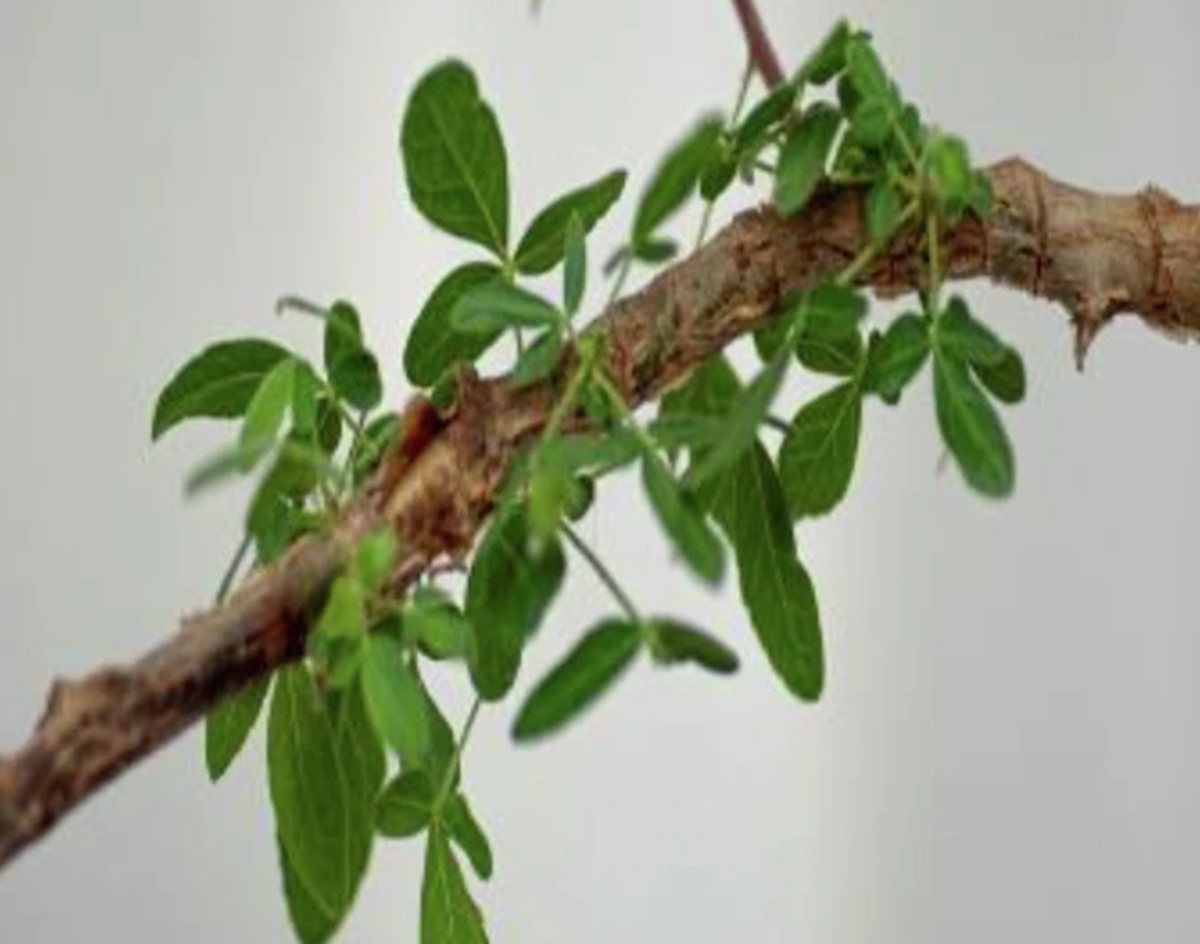Tree’s resin, called ’tsori’ in Biblical texts, was highly prized in ancient world for its used in perfume, incense, cataract medicine, embalming agents, and antidotes
The resin of a tree grown from an ancient seed found in a desert cave near Jerusalem could be the source of a medicinal balm mentioned in the Bible, a new study has found.
The strange seed, about 2cm long, was discovered in a Judean Desert cave in the late 1980s, and dated to between 993AD and 1202AD. After years of attempting to grow the plant, researchers have identified the sapling nicknamed “Sheba”.
…
Researchers suspected the “Sheba” tree to be a candidate for the “Judean Balsam” or “Balm of Judea”, which was cultivated exclusively in the desert region of southern Levant during Biblical times.
The Judean Balsam has been extensively described in the literature from Hellenistic, Roman-Byzantine and Post-Classical periods between the 4th century BC and the 8th century AD.



The funny thing is that actual chinese snake oil was incredibly effective at alleviating things like joint pain or some skin conditions. It has higher concentrations of omega 3s than fish oil and has even been shown to help mice learn mazes faster.
That’s why grifters selling fake medicine all claimed it was snake oil - people already wanted snake oil because they knew it worked.
Wonder if anyone’s given effort to synthesize it. Name like snake oil would fly off shelves like liquid death and emergen-c combined